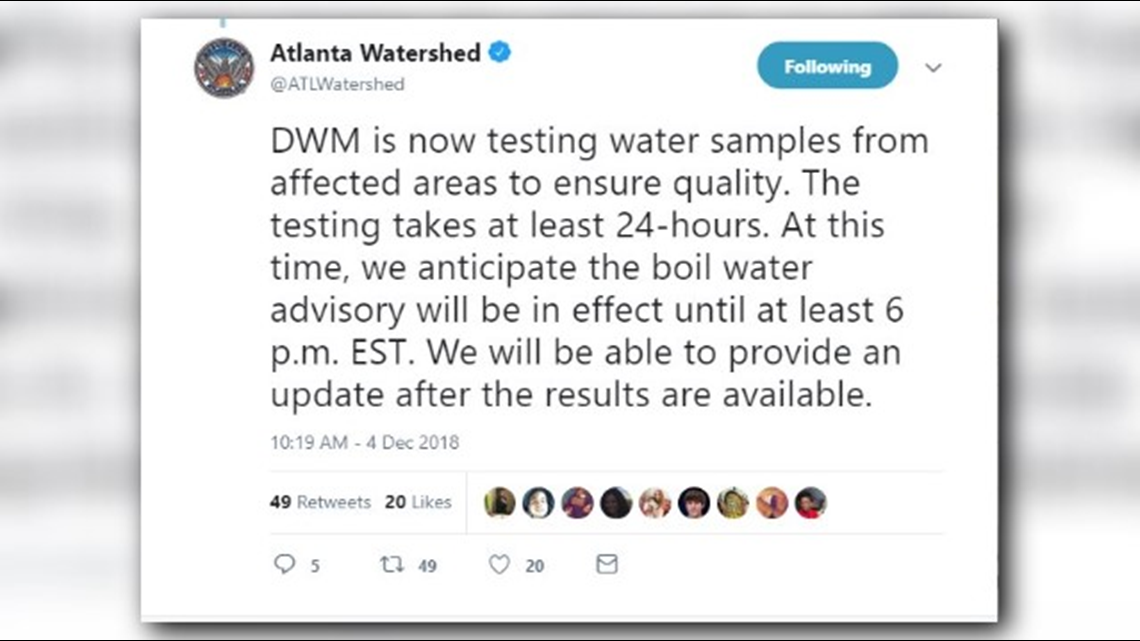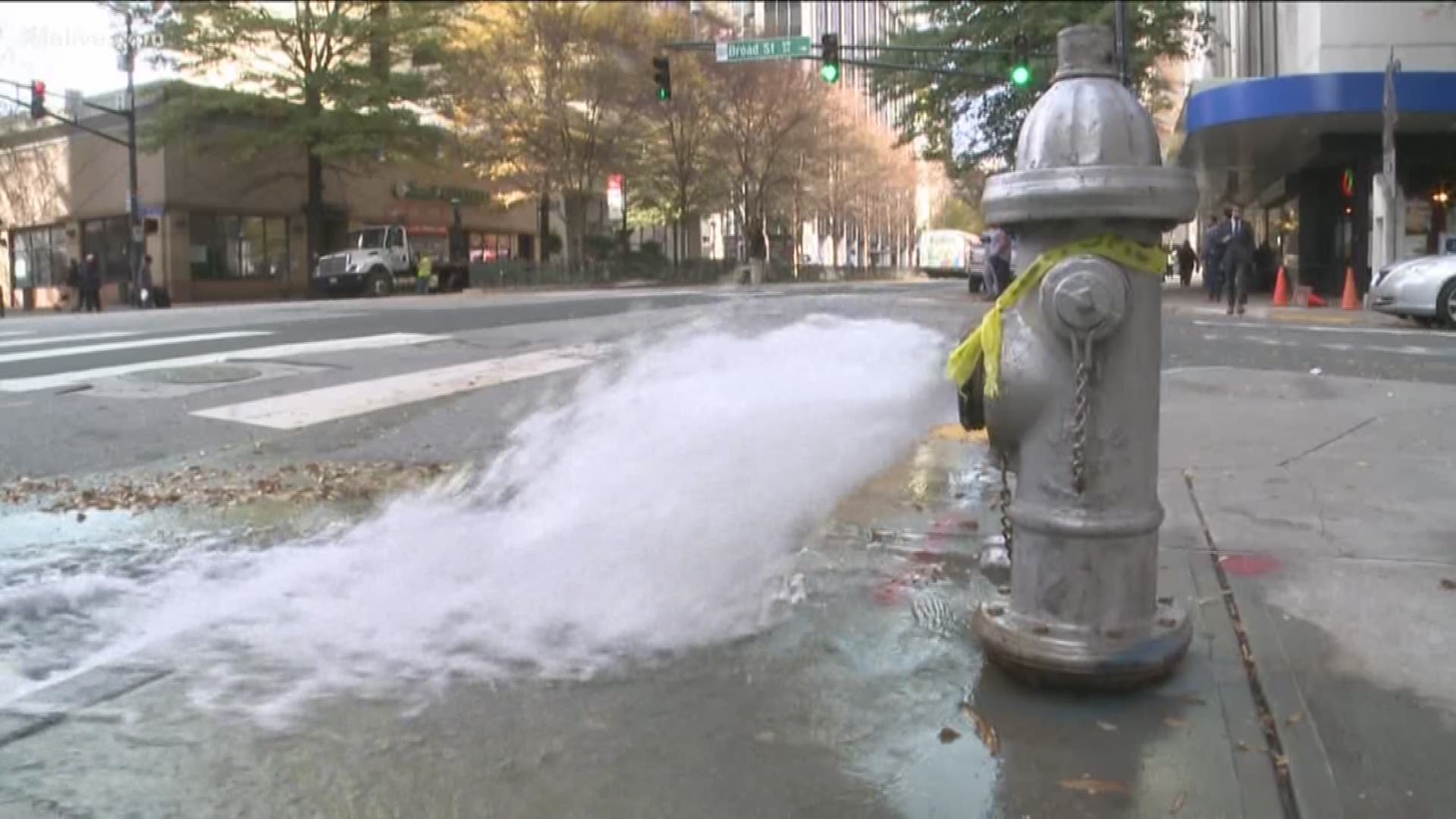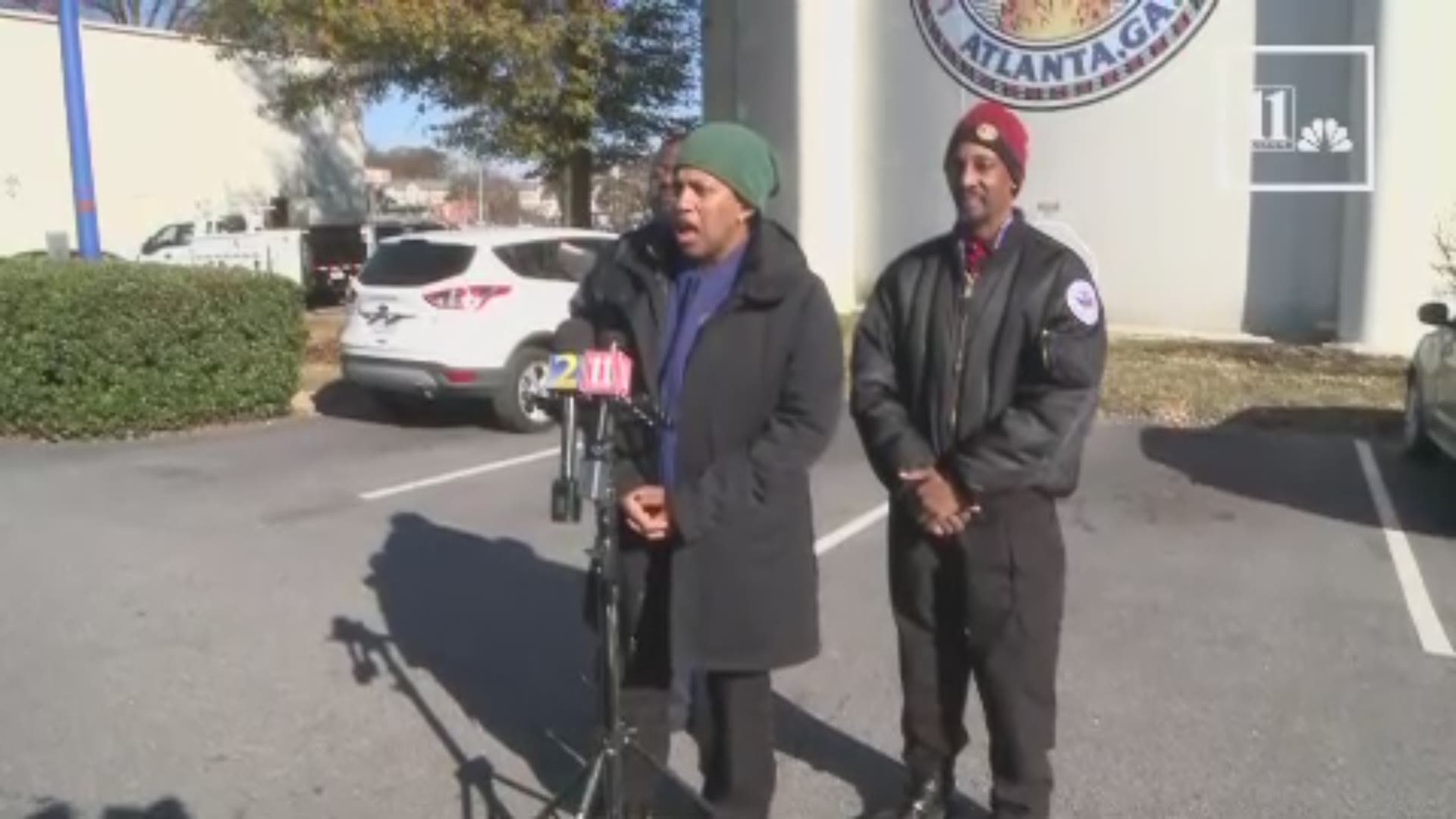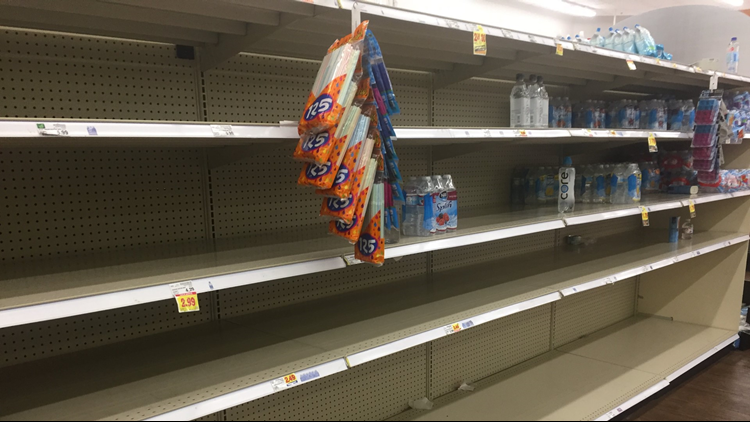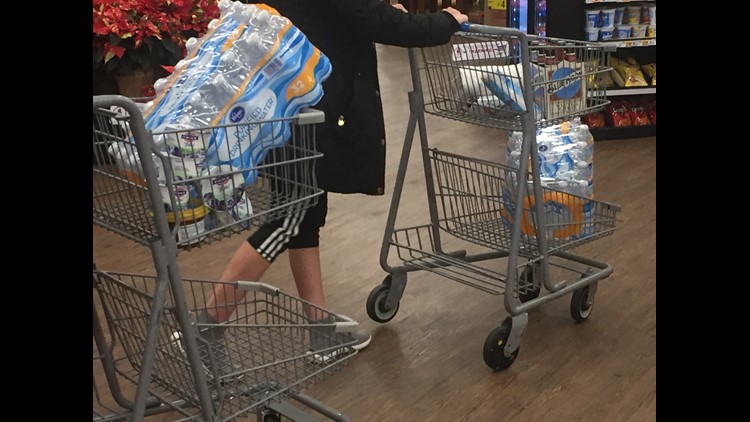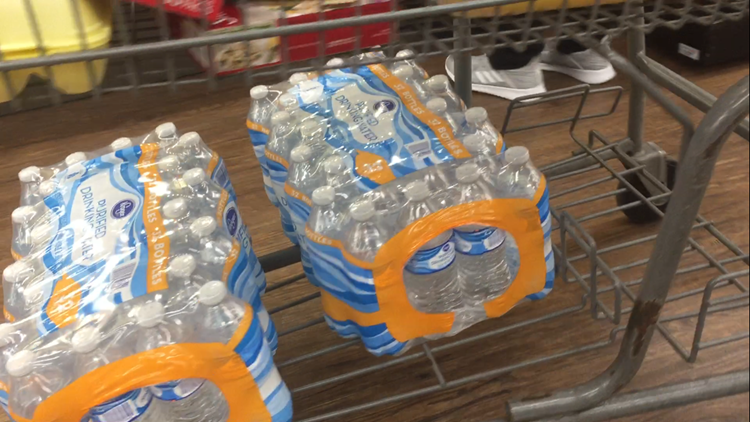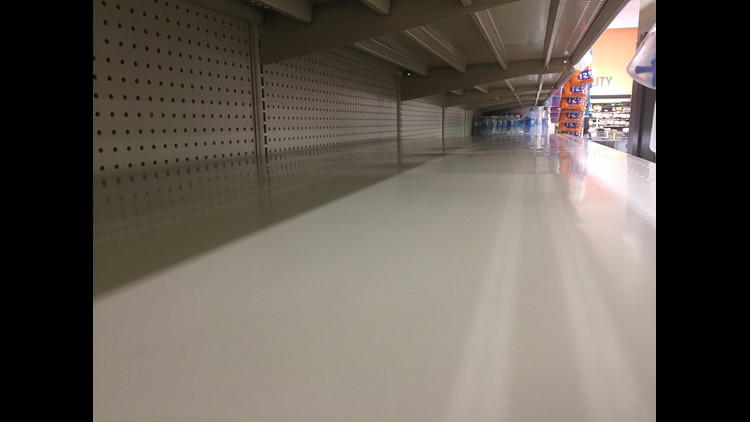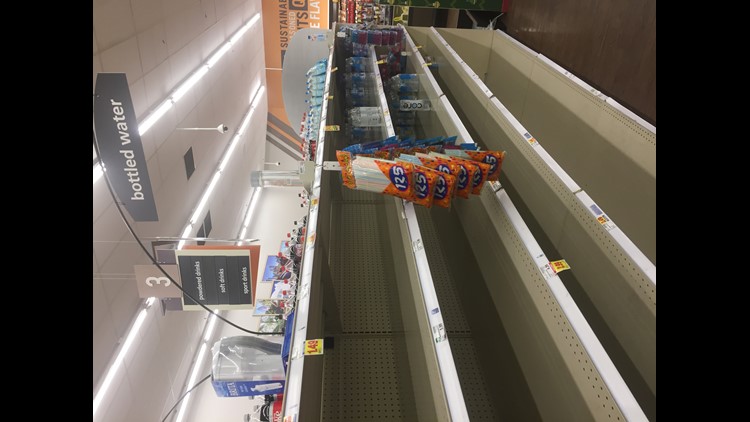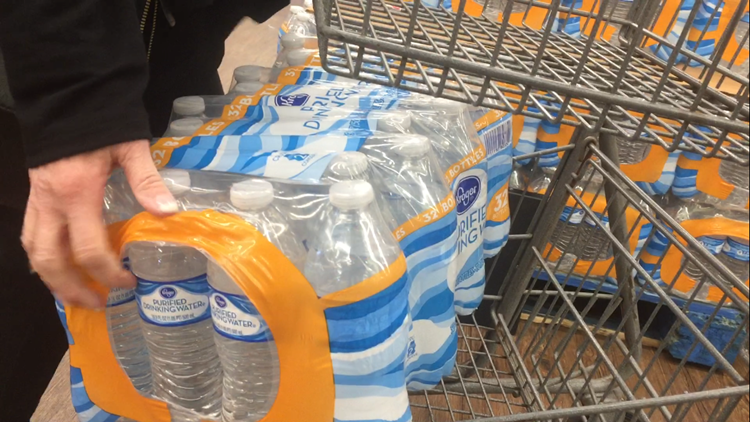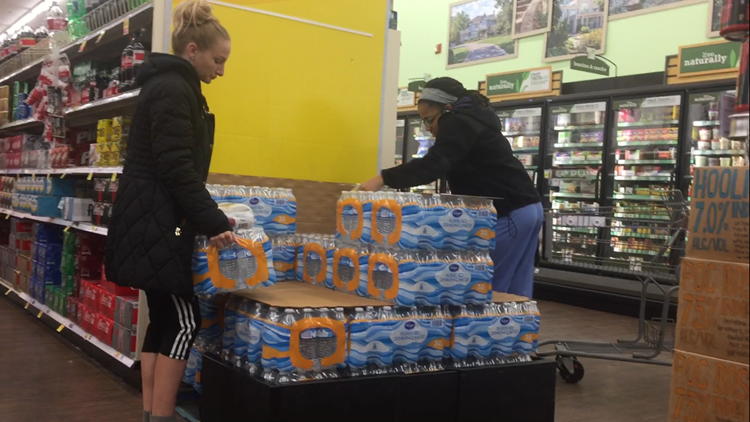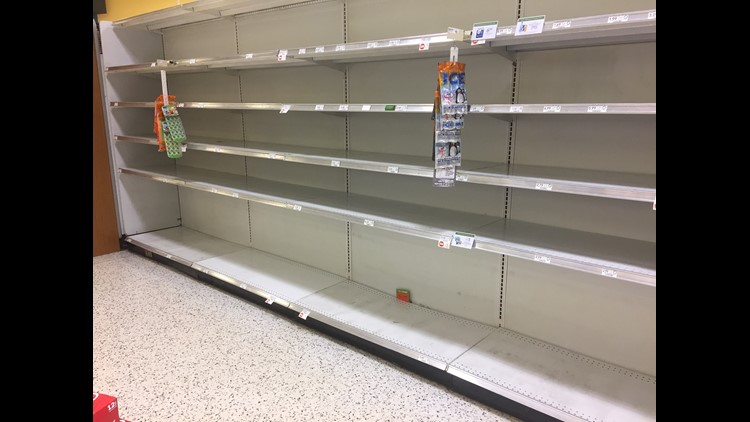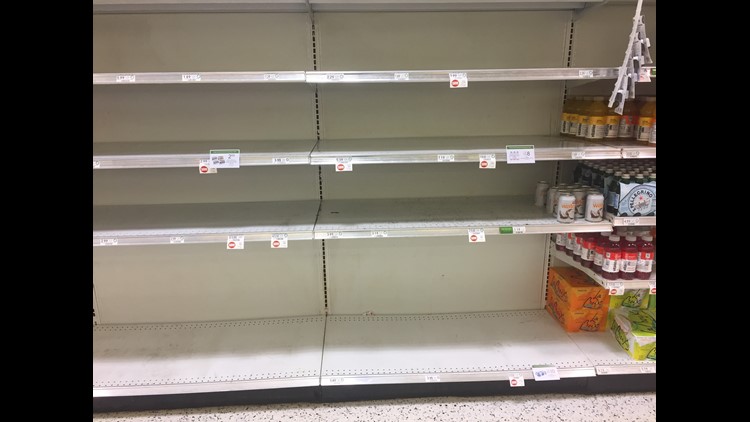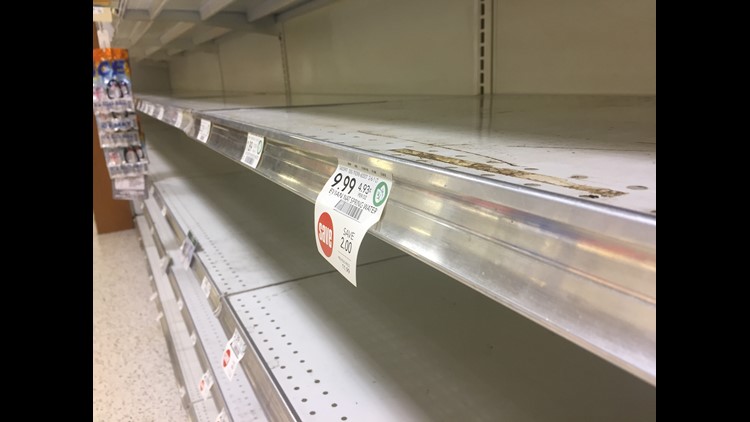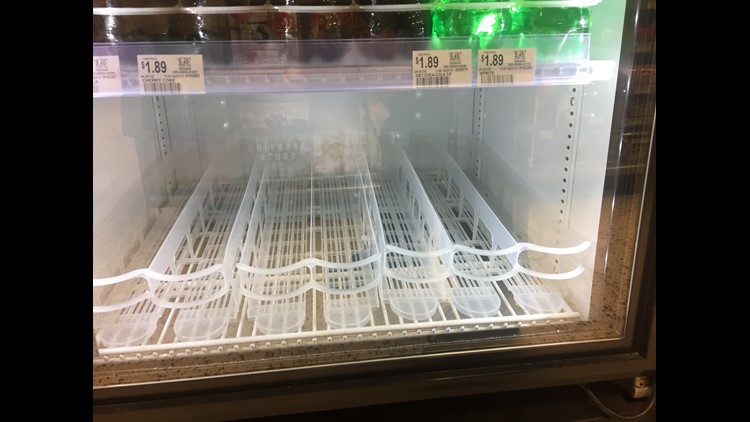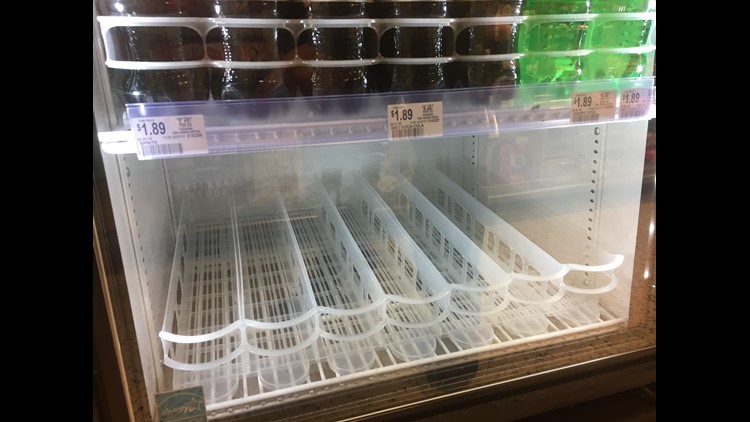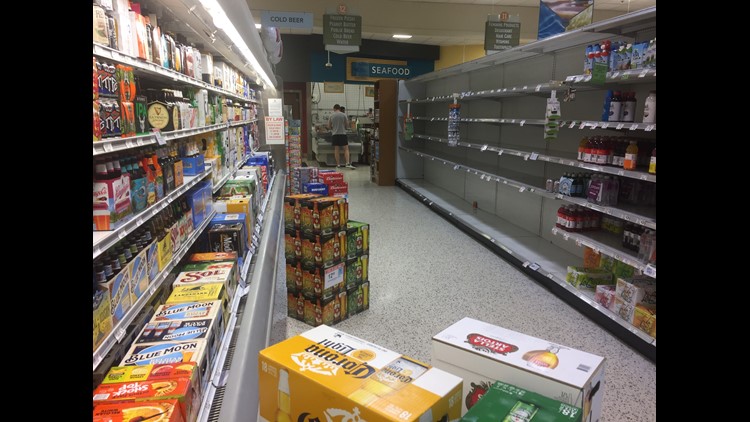Atlanta residents can use water without boiling it, now that the boil water advisory has been lifted.
"Samples taken in these areas confirmed there was no contamination of the public water system," a spokesperson with the Atlanta Department of Water Management said early Tuesday afternoon.
By the City of Atlanta's own estimate, the one-day boil water advisory potentially cost businesses and others approximately $250 million.
But the commissioner of Atlanta's Department of Watershed Management, Kishia Powell, said that the risk to health far outweighed the costs of disruptions across the city.
"We certainly understand the inconvenience and the disruption, but what is paramount to us is protecting health and safety," said Powell.
The cause of the shutdown involves a computer malfunction at Atlanta's massive Hemphill pump station and water treatment plant, Powell said.
Engineers determined that, on Monday, crews doing routine maintenance noticed that computers were detecting dangerously high water pressure in the lines, which set off the alarms that shut down the system automatically for 55 minutes.
But, the computers were wrong--engineers are now looking for a fix.
"The computer system was seeing something that was not in actuality, and so we have to understand how to keep that from happening again," Powell said.
The city has upgrades to the system already on the way, including building a separate water tank and pump system just for downtown Atlanta, according to Powell.
Department of Watershed Management officials tested over two dozen water samples from affected areas to ensure water quality before giving the "all clear" on Tuesday.
Areas of DeKalb County under the jurisdiction of Atlanta's Watershed Management Department were also affected. DeKalb Watershed customers were not affected by this water boil advisory.
"The public should continue to boil their water or use bottled water until the boil water advisory is lifted," Watershed officials said in a release during the advisory. "If you experience a loss of water at your address but your address is not within the area described, the City recommends you follow these precautions."
Department of Watershed Management officials called for immediate water restrictions to allow for the pressure to rebuild in the system once the pumps were restored to service.

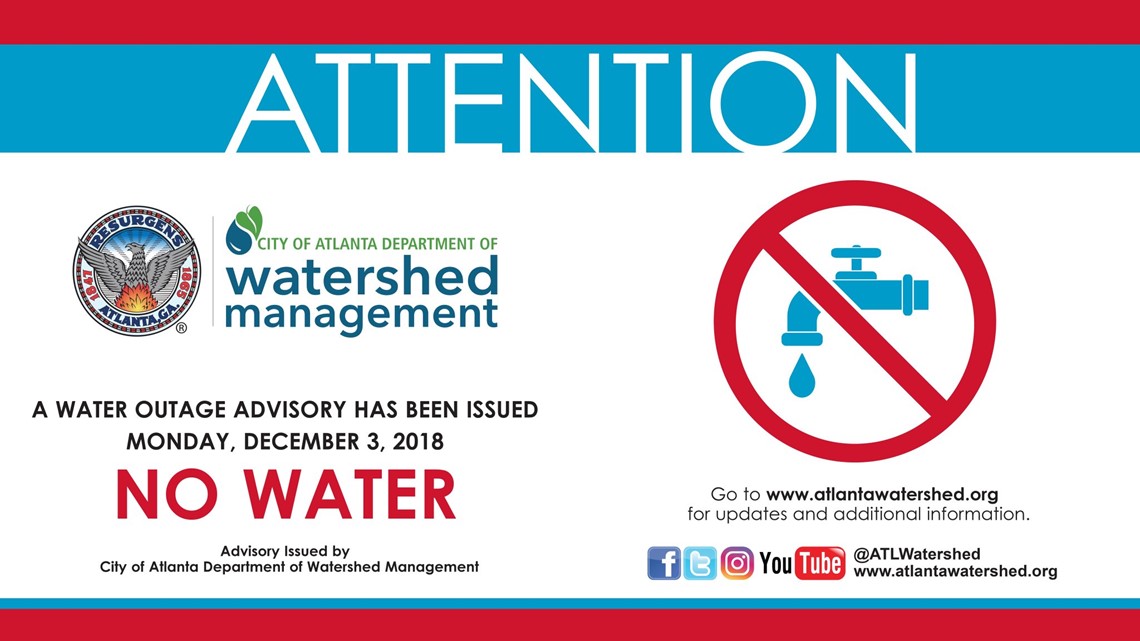
Atlanta Public Schools were also affected Monday and Tuesday.
In a letter posted on the district website, the district said it has secured bottles of water and distributed them to students in two shipments today.
"Out of a continued abundance of caution, our Department of Nutrition will provide pre-packaged, ready to eat meals at schools impacted by the boil water order," the district stated.
Officials said the problems were caused by a "control issue" at the Hemphill Pump Station in northwest Atlanta on Monday. Crews were doing routine maintenance when something triggered an alarm, which then shut off the water, causing pressure to drop across much of the system for almost an hour. While officials were able to get the pressure and flows restored, there were areas of the system that dropped below 20 psi, and out of an abundance of caution, they issued a boil water advisory.
On Monday, many metro Atlanta stores sold out of bottled water.
Photos: Grocery store shelves empty of bottled water during boil water advisory
Some suburban households inadvertently received robocalls from Atlanta Watershed Management on Monday. This prompted officials from both Cobb and Gwinnett counties to issue statements emphasizing that their water sources are not connected to the city of Atlanta municipal system and that their customers are not under a boil water advisory.
Atlanta resident John Kamensky said he's frustrated -- because it's not the first time this has happened in recent years.
"This is like, three times in the last three years I can remember that we've been under a boil water advisory," he said. "We're the largest city in the Southeast, and we should not be going through this on a yearly basis."
Officials at Georgia State University said they experienced water outages on Monday but have since said services have been restored there.
Denise Simpson, a spokesperson for Grady Memorial Hospital in downtown Atlanta, says the hospital never lost water pressure.
She told 11Alive's Jon Shirek that everyone is using bottled water for drinking at the hospital at this point.
She said that the hospital is observing the boil water advisory but had not experienced any major difficulties.
Officials at Children's Healthcare of Atlanta said their Hughes Spalding location is affected by the boil water advisory and their facilities team is working to accommodate concerns there.
No surgeries are performed at that location, so none are affected.
The World of Coca-Cola tweeted Tuesday that their Taste It! exhibit will remain closed as a result of the boil water advisory.
Atlanta's Hartsfield-Jackson International Airport is not affected with any water issues Tuesday, officials said.
Georgia State University said water has been restored to its downtown Atlanta campus.
RELATED | What to do during a boil water advisory
Here is what you should do during a boil water advisory:
(Information provided by the CDC)
Boiling water
To boil water
• Fill a pot with water.
• Heat the water until bubbles come from the bottom of the pot to the top.
• Once the water reaches a rolling boil, let it boil for 1 minute.
• Turn off the heat source and let the water cool.
• Pour the water into a clean container with a cover for storage.
Disinfecting water
If you are unable to boil your water, disinfect it instead.
If tap water is clear:
• Use unscented bleach (bleach that does not have an added scent).
• Add 1/8 teaspoon (8 drops or about 0.75 milliliters) of unscented household liquid bleach to 1 gallon (16 cups) of water.
• Mix well and wait 30 minutes or more before drinking.
• Store disinfected water in clean container with a cover.
If tap water is cloudy:
• Filter water using clean cloth.
• Use unscented bleach (bleach that does not have an added scent).
• Add 1/4 teaspoon (16 drops or 1.5 milliliters) of unscented household liquid bleach to 1 gallon (16 cups) of water.
• Mix well and wait 30 minutes or more before drinking.
• Store disinfected water in clean container with a cover.
NOTE: Remember that containers may need to be sanitized before using them to store safe water.
To sanitize containers:
• Use unscented bleach (bleach that does not have an added scent).
• Make a sanitizing solution by mixing 1 teaspoon (5 milliliters) of unscented household liquid bleach in 1 quart (32 ounces, 4 cups, or about 1 liter) of water.

